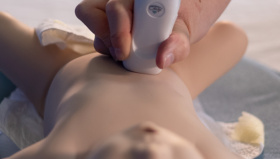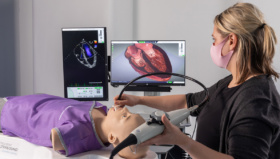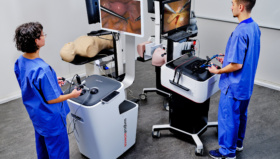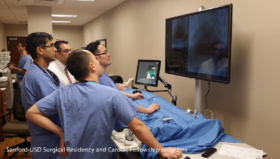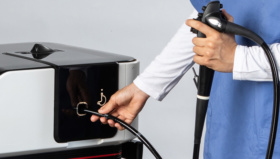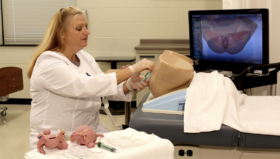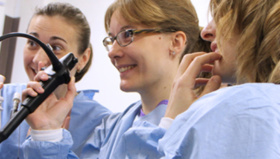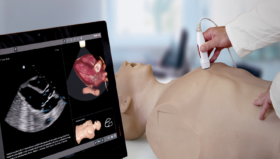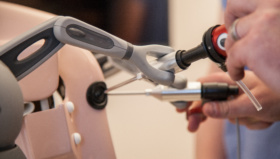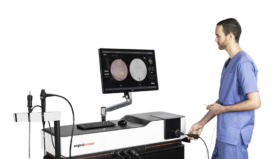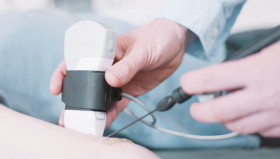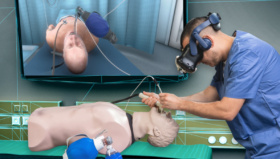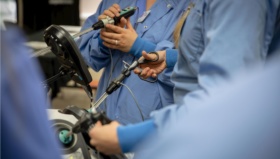Utilizing Sophisticated Simulators in the Cardiovascular Technology (CVT) Training Program
Surgical Science provides Cardiovascular Technology (CVT) programs with training simulators that deliver a virtual reality experience for their students. Valencia College in Orlando, FL, utilizes this technology in their Allied Health Department’s CVT program.
Hands-on training
Community college educators use Surgical Science simulators to provide hands-on experience for their students in cardiovascular and peripheral vascular training. Some of the modules on the ANGIO Mentor include Coronary, CRM (Cardiac Rhythm Management), Renal, SFA, Iliac, and BTK (Below-the-Knee).
“Ultimately, the use of simulation in the Health Science programs at Valencia is critical to the student’s training”, said Penny Conners, Dean of Allied Health, Valencia College. “In our cardiovascular technology program, with the aid of the Surgical Science simulator, our students are able to replicate the exact procedures that they will be performing in the hospital setting. In this regard simulation helps the students to understand and put safety first for the patients so they can give the best care possible while working in their field.”
Gaining competence
The ANGIO Mentor provides experience with basic/advanced guidewire and catheter skills, familiarity with endovascular procedures, cath lab team experience. Other skills include how to operate the C-arm, patient’s table, fluoroscopic screen, as well as how to read the hemodynamic monitoring and administer medications due to complicated treatment. The simulator offers hands-on training that is designed to enhance manual dexterity and improve appropriate instrument decision making. Students feel the high-end haptic that provide realistic simulation of guidewire, balloon, stent and other interventional devices.
“The ANGIO Mentor has been widely embraced by medical colleges in the education of surgical residents and fellows,” said Inbal Mazor, VP of Marketing for Surgical Science. “Now, our portable haptic simulators and vast library of modules and cases have been embraced by community college CVT programs.”
Team training exercises build confidence and help students understand the requirements of all of medical team members. Patient safety is the primary focus of the vast curricula and validation studies have reinforced the value of simulators in professional development.
